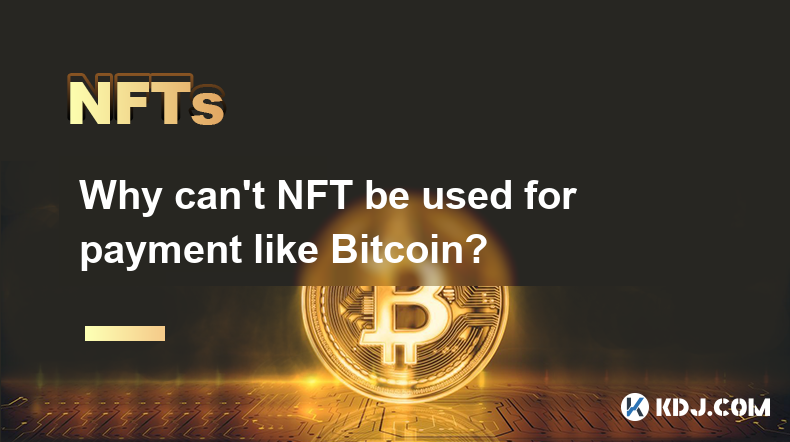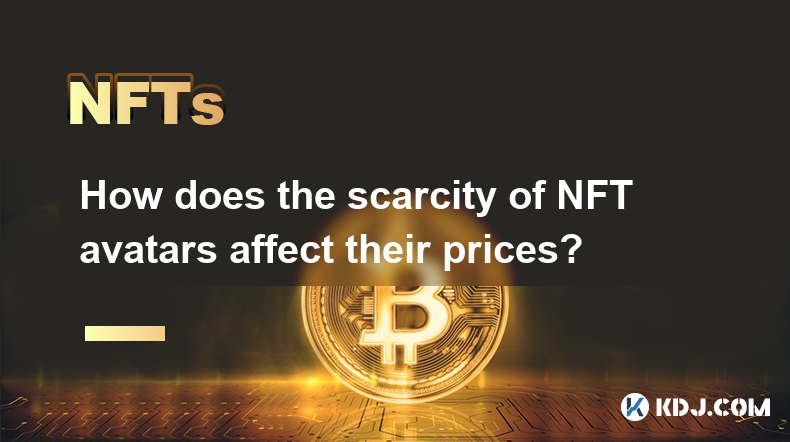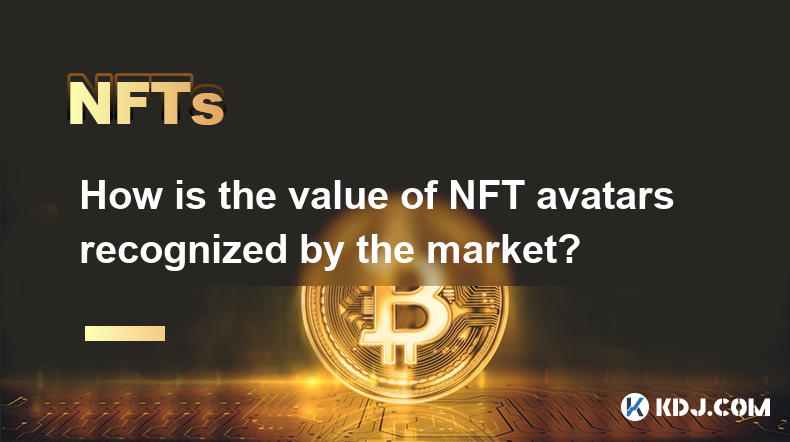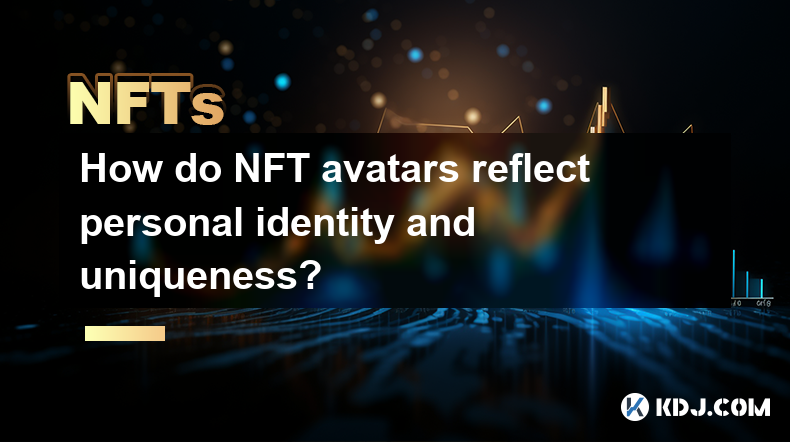-
 Bitcoin
Bitcoin $82,888.2507
0.21% -
 Ethereum
Ethereum $1,826.4116
0.80% -
 Tether USDt
Tether USDt $0.9998
0.01% -
 XRP
XRP $2.0924
-2.17% -
 BNB
BNB $600.4086
-0.52% -
 Solana
Solana $126.0638
1.46% -
 USDC
USDC $0.9999
-0.01% -
 Dogecoin
Dogecoin $0.1640
-2.63% -
 Cardano
Cardano $0.6498
-2.77% -
 TRON
TRON $0.2356
2.43% -
 Toncoin
Toncoin $3.9911
5.30% -
 Chainlink
Chainlink $13.4207
-0.87% -
 UNUS SED LEO
UNUS SED LEO $9.0861
-6.24% -
 Stellar
Stellar $0.2672
0.13% -
 Avalanche
Avalanche $18.7915
-2.46% -
 Shiba Inu
Shiba Inu $0.0...01227
-2.25% -
 Sui
Sui $2.2578
-3.57% -
 Hedera
Hedera $0.1630
-3.90% -
 Polkadot
Polkadot $4.0311
-0.30% -
 MANTRA
MANTRA $6.3127
1.62% -
 Litecoin
Litecoin $82.2584
-3.82% -
 Bitcoin Cash
Bitcoin Cash $300.3792
-1.34% -
 Bitget Token
Bitget Token $4.4887
-1.64% -
 Dai
Dai $0.9999
0.00% -
 Ethena USDe
Ethena USDe $0.9999
0.02% -
 Pi
Pi $0.7023
-7.73% -
 Hyperliquid
Hyperliquid $12.7602
2.76% -
 Monero
Monero $216.6686
0.09% -
 Uniswap
Uniswap $5.9473
0.32% -
 Aptos
Aptos $5.3341
1.57%
Why can't NFT be used for payment like Bitcoin?
Unlike fungible Bitcoin, NFTs' unique nature and price volatility hinder their use as a payment method; complex conversion processes and lack of widespread merchant acceptance further limit their practicality.
Mar 16, 2025 at 02:25 pm

Key Points:
- NFTs (Non-Fungible Tokens) and Bitcoin operate on fundamentally different principles. Bitcoin is designed for fungibility – one Bitcoin is identical to another. NFTs, by contrast, are unique and non-interchangeable.
- The inherent lack of fungibility in NFTs makes them unsuitable for use as a medium of exchange in the same way as Bitcoin. Their value is derived from their uniqueness, not their interchangeability.
- While some platforms attempt to utilize NFTs for payments, they often involve complex processes and frequently rely on converting the NFT to a fungible currency first.
- The volatility of NFT prices and the lack of widespread acceptance further hinder their use as a payment method.
- Technical limitations in blockchain scalability and transaction speeds also pose significant challenges for using NFTs as a daily payment system.
Why Can't NFTs Be Used for Payment Like Bitcoin?
The core difference between Bitcoin and NFTs lies in their fungibility. Bitcoin is fungible; one Bitcoin is equivalent to any other Bitcoin. This interchangeability is essential for a currency. You can easily send one Bitcoin and receive another in return, knowing their value is identical. This is the bedrock of Bitcoin's functionality as a payment system.
NFTs, on the other hand, are non-fungible. Each NFT is unique and possesses distinct characteristics, making them inherently non-interchangeable. Think of it like trading a rare baseball card for groceries; while you could do it, it’s impractical and doesn't reflect the card's true value. The unique nature of an NFT dictates its worth, undermining its usability as a standardized unit of exchange.
The value proposition of an NFT rests on its uniqueness and scarcity. This directly contradicts the requirement of a payment system to have a consistent and readily interchangeable unit of value. Attempting to use an NFT for a simple transaction like buying coffee would diminish its value as a collectible item. The seller would likely be hesitant to accept it at face value, especially considering potential fluctuations in the NFT's market price.
Many attempts have been made to bridge this gap. Some platforms experiment with fractionalizing NFTs or using them as collateral for loans, allowing for partial use in transactions. However, these methods often introduce complexity and additional steps, negating the ease and speed required for a practical payment system.
Furthermore, the volatility of the NFT market presents a significant hurdle. Unlike Bitcoin, which aims for price stability (though it's still volatile), NFT prices fluctuate wildly based on factors like demand, creator reputation, and market sentiment. This unpredictability makes it risky for merchants to accept NFTs as payment, as the value could plummet before they have a chance to convert it into a stable currency.
The technical aspects also pose challenges. Many NFT blockchains, particularly those popular for art and collectibles, are not designed for the high transaction volume required by a payment system. Transaction speeds and fees can be significantly higher than those on established cryptocurrencies like Bitcoin, making everyday use impractical. Scalability remains a significant concern for many NFT platforms.
The lack of widespread merchant acceptance is another critical factor. While some businesses experiment with NFT payments, it remains a niche practice. The vast majority of businesses still rely on traditional payment methods, further limiting the practicality of using NFTs as a mainstream payment solution.
Unlike Bitcoin's established infrastructure and widespread adoption, the NFT ecosystem is still relatively young and fragmented. There's a lack of standardized protocols and interoperability between different NFT marketplaces and blockchains, which adds to the complexity of using NFTs for payments.
The inherent characteristics of NFTs – their uniqueness and variability in value – directly conflict with the core requirements of a payment system: fungibility, stability, and widespread acceptance. While innovative uses for NFTs are constantly emerging, their use as a direct replacement for currencies like Bitcoin remains unlikely in the foreseeable future.
Frequently Asked Questions:
Q: Can I use an NFT to buy a cup of coffee?
A: Technically, some platforms might allow this, often through a complex process involving converting the NFT to a fiat currency or another cryptocurrency first. It's not a direct, seamless transaction like using Bitcoin.
Q: Are there any advantages to using NFTs for payments?
A: Currently, there are very few advantages. The existing systems are complex and inefficient compared to established payment methods. Potential future applications might include loyalty programs or exclusive access, but these are still largely theoretical.
Q: Could NFTs ever become a mainstream payment method?
A: The likelihood is low in the near future. The inherent limitations of non-fungibility, volatility, and lack of scalability would need to be addressed significantly before widespread adoption could occur.
Q: What are the differences between Bitcoin and NFT transactions?
A: Bitcoin transactions are fast, relatively inexpensive, and involve interchangeable units of value. NFT transactions are often slower, more expensive, and involve unique, non-interchangeable items. The entire process is different.
Q: Are there any examples of NFTs being used for payments?
A: While some platforms are experimenting, these are largely limited to niche cases and don't represent mainstream adoption. They often require intermediaries or conversion to other currencies.
Disclaimer:info@kdj.com
The information provided is not trading advice. kdj.com does not assume any responsibility for any investments made based on the information provided in this article. Cryptocurrencies are highly volatile and it is highly recommended that you invest with caution after thorough research!
If you believe that the content used on this website infringes your copyright, please contact us immediately (info@kdj.com) and we will delete it promptly.
- The 2025 cryptocurrency market started slower than many investors expected.
- 2025-03-31 21:40:13
- Darknet markets are increasingly returning to bitcoin (BTC) as their primary cryptocurrency
- 2025-03-31 21:40:13
- Hut 8 Corp. Partners with Eric Trump to Launch American Bitcoin Corp.
- 2025-03-31 21:35:13
- The Best Altcoins Are Safe Havens During US Tariff Turmoil
- 2025-03-31 21:35:13
- Elon Musk Squashes Rumors of Dogecoin (DOGE) Integration with the U.S. Government
- 2025-03-31 21:30:12
- Today's Pi news presents an interesting development in the Pi token's market. Recently, we had the announcement for the PCM Wallet app's updates
- 2025-03-31 21:30:12
Related knowledge

How does the scarcity of NFT avatars affect their prices?
Mar 25,2025 at 11:07pm
Key Points:Limited Supply: NFT avatar scarcity is directly tied to the fixed supply of a collection. A smaller number of unique avatars inherently increases their value due to higher demand.Demand Dynamics: High demand, fueled by factors like community hype, celebrity endorsements, and utility within a metaverse, significantly inflates prices.Rarity Att...

Can NFT avatars be copied or stolen?
Mar 21,2025 at 06:35am
Key Points:NFTs, by their nature, are unique and verifiable on the blockchain. However, the image associated with an NFT avatar can be copied.Copying an image doesn't grant ownership of the NFT itself. The original NFT and its ownership remain on the blockchain.Theft of an NFT involves gaining unauthorized access to a cryptocurrency wallet holding the N...

What is the creation process of NFT avatars?
Mar 19,2025 at 09:15pm
Key Points:NFT avatar creation begins with a concept and design.Various digital art tools and techniques are employed.Minting the avatar involves choosing a blockchain and marketplace.Metadata is crucial for defining the avatar's attributes.Promotion and marketing are vital for visibility and sales.What is the creation process of NFT avatars?The creatio...

Why do celebrities use NFT avatars as personal identification?
Mar 20,2025 at 07:15pm
Key Points:NFTs offer celebrities a unique and verifiable digital identity, distinct from easily imitated social media profiles.Using NFT avatars allows celebrities to control their online image and branding more effectively.NFT avatars can provide celebrities with new revenue streams through sales, licensing, and community building.The use of NFT avata...

How is the value of NFT avatars recognized by the market?
Mar 21,2025 at 05:49am
Key Points:NFT avatar value is subjective and influenced by various factors, lacking a universally accepted valuation metric.Rarity, provenance, utility, community engagement, and the project's overall success significantly impact an avatar's value.Market demand, driven by trends, hype, and influencer adoption, plays a crucial role in price fluctuations...

How do NFT avatars reflect personal identity and uniqueness?
Mar 21,2025 at 12:00pm
Key Points:NFT avatars are unique digital representations, verifiable on the blockchain, offering a distinct online identity.Ownership and scarcity drive the value and perceived uniqueness of NFT avatars, reflecting personal investment and commitment.Customization options, from initial design to in-game attributes, allow for expression of individuality....

How does the scarcity of NFT avatars affect their prices?
Mar 25,2025 at 11:07pm
Key Points:Limited Supply: NFT avatar scarcity is directly tied to the fixed supply of a collection. A smaller number of unique avatars inherently increases their value due to higher demand.Demand Dynamics: High demand, fueled by factors like community hype, celebrity endorsements, and utility within a metaverse, significantly inflates prices.Rarity Att...

Can NFT avatars be copied or stolen?
Mar 21,2025 at 06:35am
Key Points:NFTs, by their nature, are unique and verifiable on the blockchain. However, the image associated with an NFT avatar can be copied.Copying an image doesn't grant ownership of the NFT itself. The original NFT and its ownership remain on the blockchain.Theft of an NFT involves gaining unauthorized access to a cryptocurrency wallet holding the N...

What is the creation process of NFT avatars?
Mar 19,2025 at 09:15pm
Key Points:NFT avatar creation begins with a concept and design.Various digital art tools and techniques are employed.Minting the avatar involves choosing a blockchain and marketplace.Metadata is crucial for defining the avatar's attributes.Promotion and marketing are vital for visibility and sales.What is the creation process of NFT avatars?The creatio...

Why do celebrities use NFT avatars as personal identification?
Mar 20,2025 at 07:15pm
Key Points:NFTs offer celebrities a unique and verifiable digital identity, distinct from easily imitated social media profiles.Using NFT avatars allows celebrities to control their online image and branding more effectively.NFT avatars can provide celebrities with new revenue streams through sales, licensing, and community building.The use of NFT avata...

How is the value of NFT avatars recognized by the market?
Mar 21,2025 at 05:49am
Key Points:NFT avatar value is subjective and influenced by various factors, lacking a universally accepted valuation metric.Rarity, provenance, utility, community engagement, and the project's overall success significantly impact an avatar's value.Market demand, driven by trends, hype, and influencer adoption, plays a crucial role in price fluctuations...

How do NFT avatars reflect personal identity and uniqueness?
Mar 21,2025 at 12:00pm
Key Points:NFT avatars are unique digital representations, verifiable on the blockchain, offering a distinct online identity.Ownership and scarcity drive the value and perceived uniqueness of NFT avatars, reflecting personal investment and commitment.Customization options, from initial design to in-game attributes, allow for expression of individuality....
See all articles






















































































